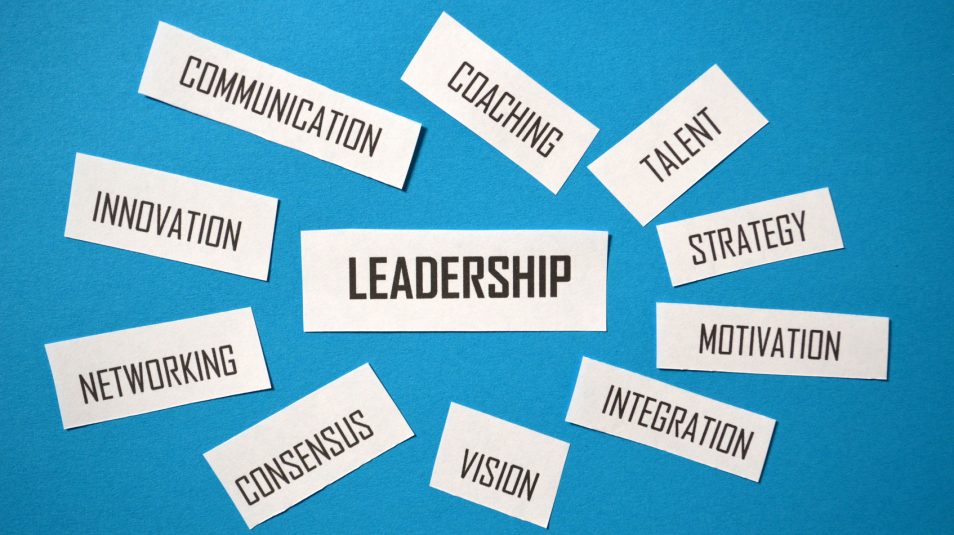When Faced with Ethical Dilemmas, Ask Yourself These 3 Questions

Acting with integrity; being honest in word and deed - 57% of more than 600 attendees in a webinar I conducted cited this as the most influential leadership behavior that builds trust. Making ethical decisions is a key component of being an honest and trusted leader, yet many of us don't have a defined process or rubric for handling ethical dilemmas.
A simple, yet powerful process that I've relied upon is one that I learned from Ken Blanchard and Norman Vincent Peale in their book The Power of Ethical Management. Blanchard and Peale suggest that leaders ask the following three questions when making a decision about an ethical problem:
- Is it legal? The purpose of this question is to get you to look at existing standards. The legality of the decision should be examined not just from the civil law perspective, but also in regards to company policies or standards. If the answer to this first question is "no," there isn't much need to ask the following two. If your organization doesn't have an ethics policy or company values that outline the behaviors desired by team members, check out this article from my friend and colleague, Chris Edmonds, that will help you get started.
- Is it balanced? The purpose of this question is to activate your sense of fairness and rationality. Will the decision be fair or will it heavily favor one party over another, in the both the short and long-term? Decisions that produce big winners, at the expense of making others big losers, often come back to haunt individuals and organizations. It's not always possible to make decisions where everybody wins, but leaders should strive to avoid major imbalances over the course of their relationships.
- How will it make me feel about myself? This last question gets you to focus on your own emotions, standards, and sense of morality. How would you feel if what you were considering doing was published on the front page of your local newspaper or CNN.com? Would it make you and your family proud or embarrassed? If you're losing sleep over the situation, it's probably an indication that your conscience is wrestling with the decision and its alignment with your personal values. As John Wooden, the famous UCLA basketball coach said, "There is no pillow as soft as a clear conscience."
Constant use of these three questions as an 'ethics check' can help guide you into a pattern of 'right' behavior that can become habit-forming and put you on the path to being an ethical and trusted leader.
I'm interested in hearing about your experiences in handling ethical dilemmas. Have you used this 'ethics check' process? Please leave a comment below.






As a matter of habit, I’ve always used these 3 questions when handling important decisions in my career. The true acid test for me was when I accepted a voluntary position as a Treasurer for a Society and the President wanted me to sign a check to transfer a fund to a bank of his choice which was not permitted in the Bye Laws. The Committee knew my vocational modality but not my reputation. I held my ground and informed the other members of the Committee and then resigned on principle when I found no support. The transfer of funds did take place and there was an uproar. To date the funds have not been brought back even though the management has since changed but I have noticed that when I speak, the general body listens to me as my resignation and stand has conveyed my integrity.